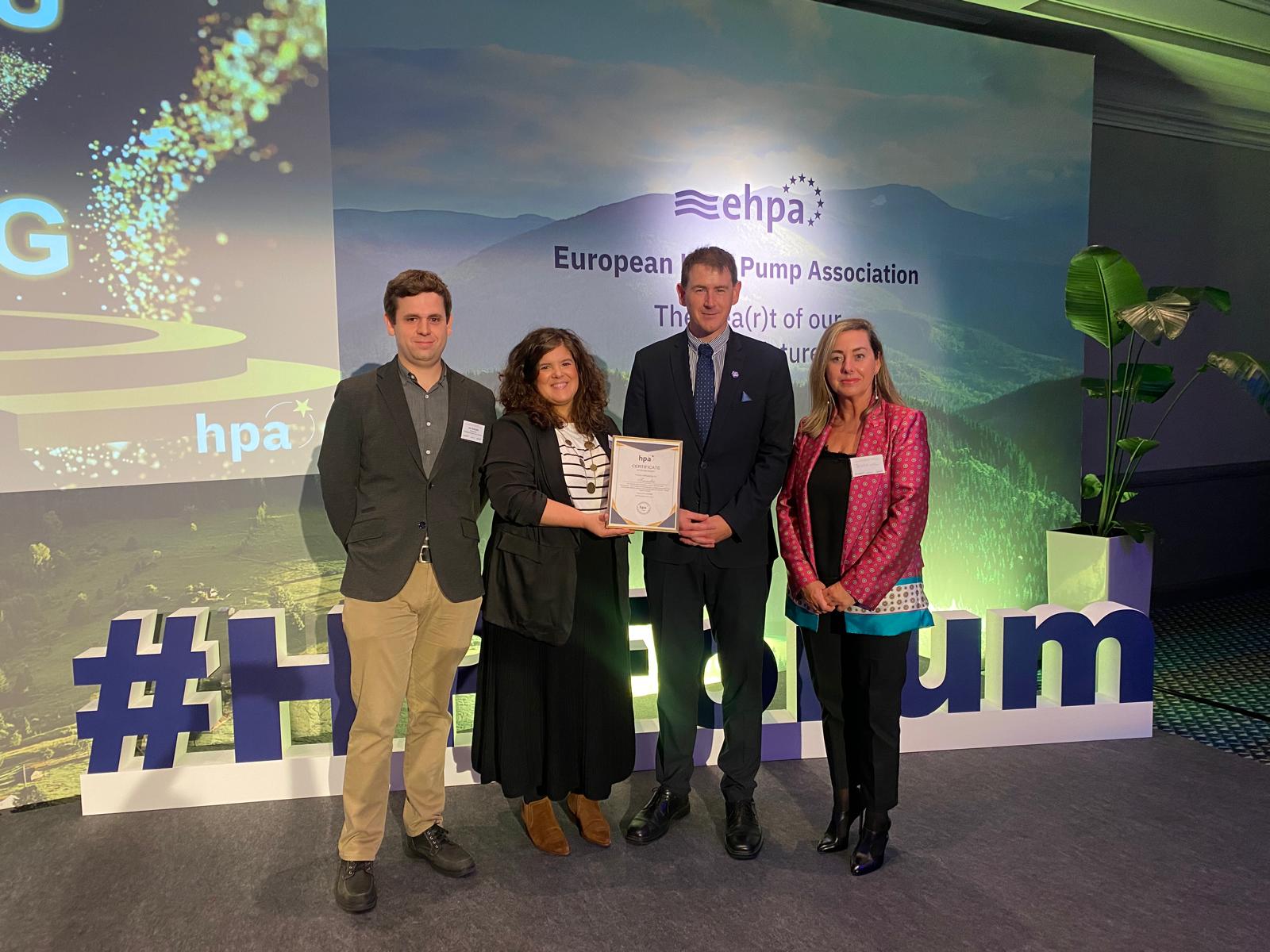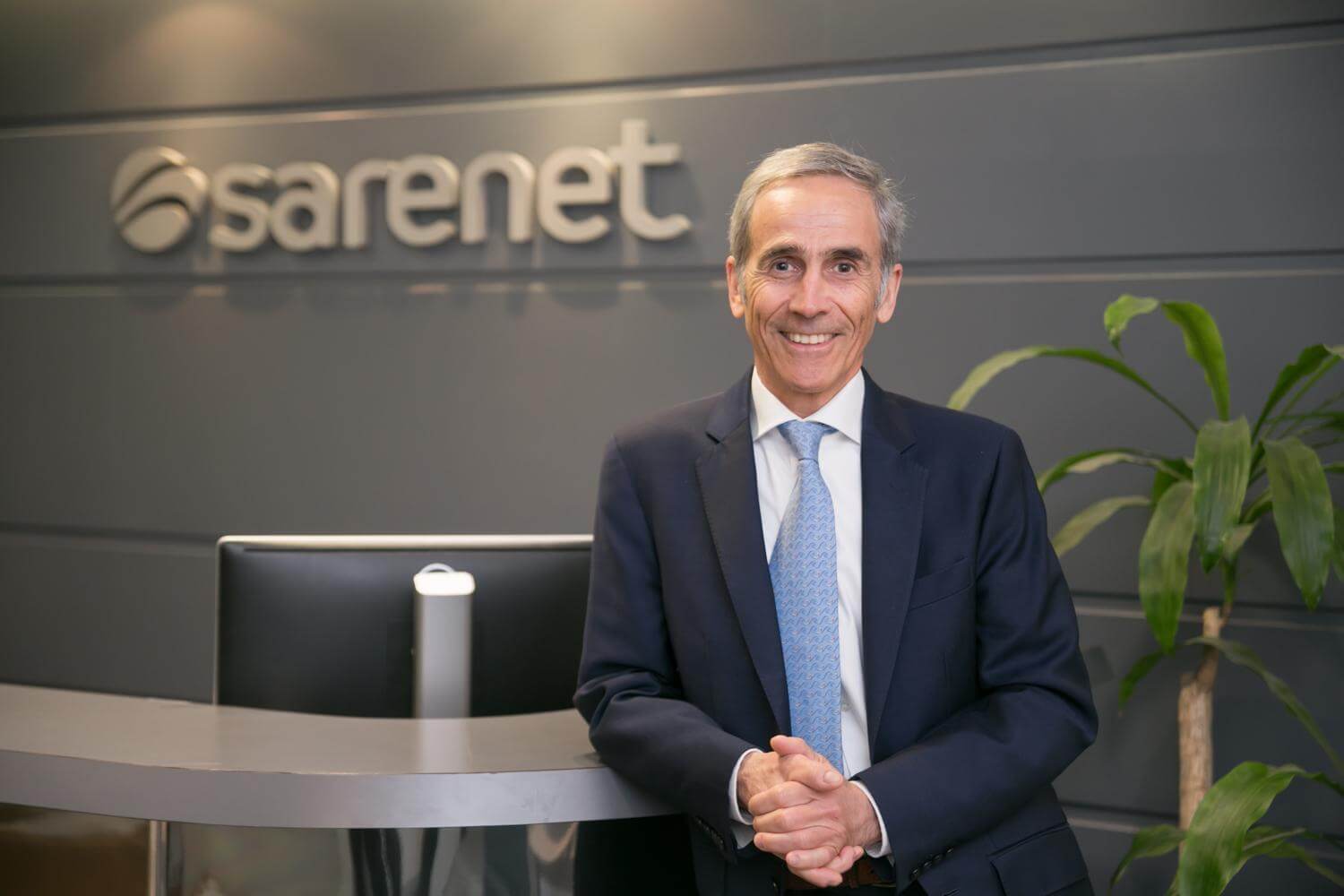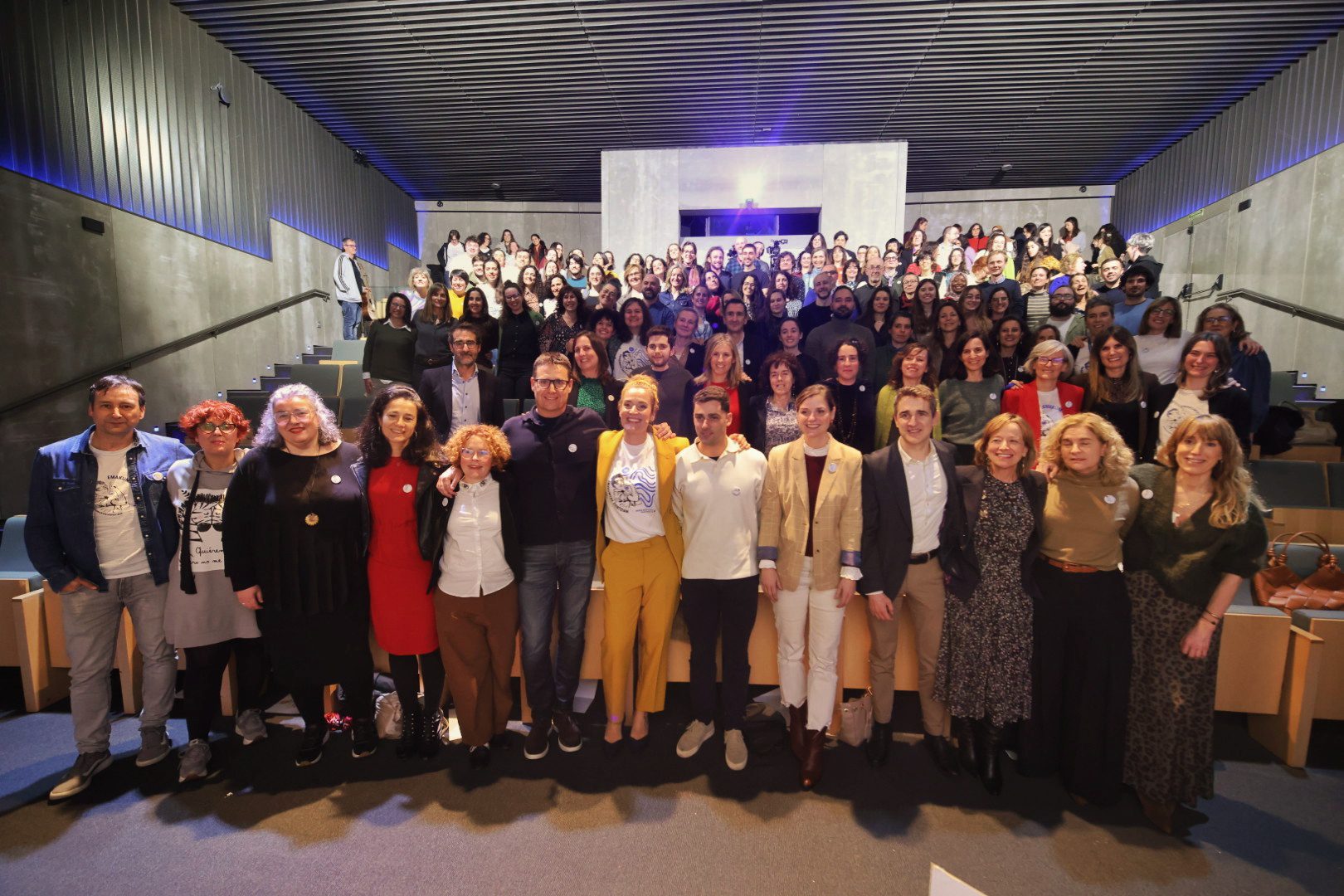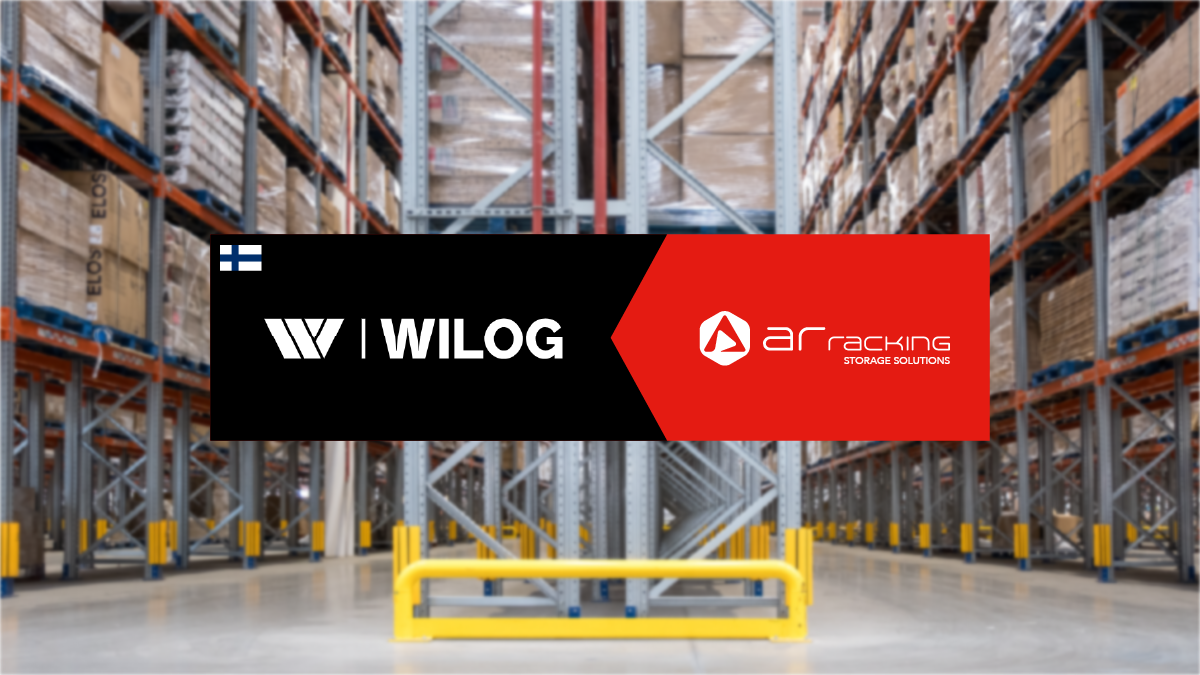The Basque Government’s Department of Housing and Urban Agenda and TECNALIA, awarded in Brussels for their solution to decarbonise the energy system in buildings

The European Heat Pump Association has recognised the pilot project led by the technological research and development centre with its prestigious awards for its contribution to sustainable air conditioning.
It is an innovative and efficient solution for the refurbishment sector, based on cascade heat pumps, and is currently being applied in a residential building in Pasaia (Gipuzkoa).
The general manager of Alokabide, Patricia Val, has highlighted the ‘tremendous challenge’ that the public company faces in the coming years in terms of energy refurbishment, decarbonisation and accessibility to its stock, following the guidelines of the 2020-2050 Zero Plan.
The Basque Government’s Department of Housing and Urban Agenda and the TECNALIA research and technological development centre have been recognised with the prestigious ‘The Heat Pump Award’ for the innovative solution they have developed to decarbonise the energy system of buildings, which is currently being applied in a residential building in Pasaia (Gipuzkoa). These awards, now in their 14th year, are presented by the European Heat Pump Association (EHPA), with the aim of recognising the most innovative and energy-efficient heat pump projects and highlighting their contribution to sustainable air conditioning.
The awards ceremony took place in Brussels, where Patricia Val, CEO of Alokabide, accompanied by Irantzu Urkola, project coordinator and project manager at TECNALIA, collected the award in the DecarBuilding Award category. Urkola acknowledged that ‘this is recognition of work based on collaboration and which pursues the triple objective of energy efficiency, economic savings for residents and improvement of the building’s environmental impact, which is key in the communities of the future’. For his part, Val highlighted the ‘tremendous challenge’ that Alokabide faces in the coming years in terms of energy refurbishment, decarbonisation and accessibility to its buildings, following the guidelines of the 2020-2050 Zero Plan.
It should be noted that the public company, which manages around 17,000 public housing units for social rental in the Basque Country, will carry out ‘a transition that will allow us to offer a better service to our customers, more respectful of the environment, and will also serve as a driving force for economic activity, as it is planned to invest more than 192 million euros’, explained the general manager of the company.
The European-recognised solution is based on cascade heat pumps that are hybridised with locally produced renewable energy, mainly solar. Thus, heat for heating and DHW services is generated in two stages or thermal jumps, and has been demonstrated in a residential building in Pasaia. This is an innovative and efficient solution for the building energy system refurbishment sector, which maximises self-sufficiency and energy savings, while also reducing environmental impact.
This solution responds to the current problems faced by buildings, which are responsible for 40% of energy demand and 36% of CO2 emissions in Europe, where a large part of this demand is due to heating, cooling and hot water systems. ‘Both the Basque Government’s Department of Housing and Urban Agenda and Alokabide consider our collaboration with the European ‘HAPPENING’ initiative to be very positive, because the electrification of buildings in general and heat pumps in particular are a key technology for introducing renewables in the heat supply of new and refurbished buildings’, explained Val. According to her, ‘the decarbonisation of the energy system of our existing buildings plays a key role in achieving the Plan Zero 2020-2050 targets of climate neutrality of our public stock’.
Pioneering building in Europe
The solution is currently being developed in a multi-family housing building managed by Alokabide, the Basque Government’s public rental management body, in coordination with other agents involved in housing policy, where two central heat pumps have been installed to preheat the water stored in a tank. This accumulation makes it possible to decouple the central generation from the private consumption of the homes, which makes it possible to concentrate the use of the central heat pumps at the times of the day when their performance is highest, thus improving the efficiency of the system.
The pre-heated water is then distributed throughout the building, to each dwelling, at a constant, low temperature of around 20°C, which minimises thermal losses in distribution, which is a great advantage compared to centralised systems where a lot of energy is lost in this part of the installation.
In each house, to finish heating the water to the temperature of use, there is an individual heat pump that takes the heat from the distribution water and raises it to the temperature of consumption, adapting perfectly to the particular demands of each user, and with optimum performance due to the constant temperature of the distribution. A solar photovoltaic system has also been installed on the roof together with a battery, which generates a significant part of the electricity consumed by the system and the building in a renewable way. And all this has been accompanied by an advanced control system to improve the overall performance of the installation. Thus, with this system, the self-sufficiency of the building is maximised and savings are made on the energy bills of the neighbours, while also reducing the environmental impact.
This solution makes it possible to achieve a considerable share of renewable energy. In addition, the solution is complemented by planning, implementation and operation processes close to zero, which ensure a quality installation and reduce the efforts and costs of the renovation project.
In addition to TECNALIA, the following have collaborated in the initiative, called HAPPENING: Accademia Europea di Bolzano (EURAC), Tecnozenith, Innova SRL, AEE – Institut für nachhaltige technologien, GWS, Fraunhofer Gesellschaft, RINA Consulting S.p.A., Green Building Council-España, Asociación Nacional de Empresas de Servicios Energéticos (ANESE), CARTIF and Alokabide.
The following video shows the operation of the pump system in the Pasaia building:




